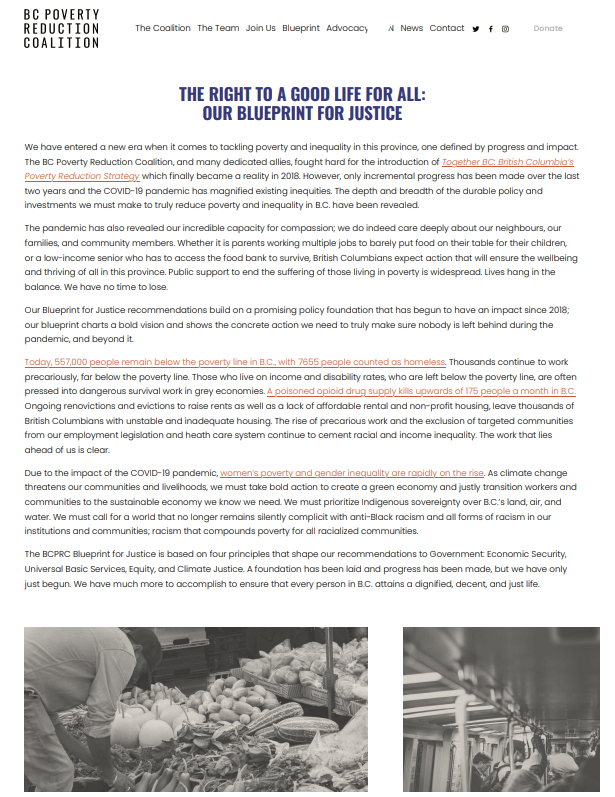12 search results
for
Children and youth
Universal basic services
Transportation
Recommendation 65: Free-fare public transit.- Step: Implement free transit for all youth 0-18 in every transit system in B.C.
- Step: Implement a sliding scale fare system based on income in every transit system in B.C.
-
Category and theme:
Groups affected:
Universal basic services
Transportation
Recommendation 66: Cease ticketing minors for fare evasion in all transit systems in BC.-
Category and theme:
Groups affected:
